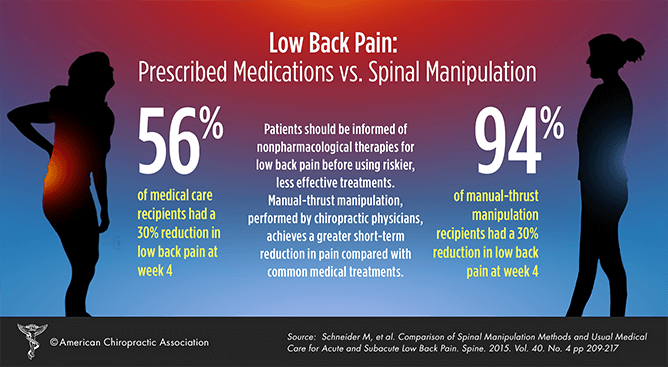Analyzing The Existing Landscape Of Laser Therapy: Advancements And Benefits
Analyzing The Existing Landscape Of Laser Therapy: Advancements And Benefits
Blog Article
Produced By-Keating Bek
As you discover the improvements in laser treatment, you'll discover exactly how advanced innovations are improving client treatment. These advancements not only improve treatment accuracy but likewise widen the scope of applications throughout numerous clinical fields. With the potential for quicker recovery times and enhanced end results, it raises vital questions concerning the future of treatment choices. What does this mean for people and specialists alike?
Breakthrough Technologies in Laser Treatment
As innovations in clinical science remain to develop, breakthrough modern technologies in laser therapy are changing individual treatment.
You'll locate that cutting-edge systems currently make use of precision-targeting strategies, permitting much less intrusive procedures and quicker recuperation times. These systems use advanced formulas and real-time imaging, enhancing accuracy and decreasing damage to bordering cells.
In addition, developments in laser wavelengths have expanded treatment alternatives, making it possible for targeted treatments for a variety of problems. You might likewise run into portable laser tools, making treatments more available in varied settings.
On the whole, these advanced technologies aren't just boosting results however also reshaping just how you experience care, providing you with much safer, more effective treatment alternatives tailored to your requirements.
Accepting these technologies can exceptionally impact your wellness trip.
Medical Applications and Advantages
While numerous may connect laser therapy with aesthetic procedures, its scientific applications extend much beyond aesthetic appeals, providing considerable advantages across different medical fields.
You'll discover that lasers are used effectively in dermatology for dealing with conditions like psoriasis and acne marks. In dentistry, they help with treatments such as gum contouring and tooth bleaching, boosting patient comfort and healing.
Orthopedic practices use lasers for discomfort administration and tissue fixing, promoting faster recovery. Moreover, lasers master ophthalmology, offering precise modifications for vision issues.
By using malti gupta of laser therapy, you can experience reduced recuperation times, reduced discomfort, and enhanced end results, making it a valuable choice in modern clinical technique.
Embracing these applications can truly enhance person care and complete satisfaction.
Future Trends and Dopes in Laser Therapy
With recurring advancements in modern technology, the future of laser therapy looks appealing and vibrant. You can anticipate to see more customized treatments, where therapies are customized to private person needs, enhancing effectiveness.
Arising technologies like artificial intelligence are most likely to play a significant role, enhancing treatments and improving outcomes. Furthermore, innovations in laser kinds and wavelengths will certainly broaden the variety of treatable problems, making laser therapy much more functional.
Minimally intrusive methods will continue to advance, reducing recovery times and adverse effects. As study advances, you'll discover laser treatments becoming a lot more available, with raised awareness and adoption across numerous medical fields.
Verdict
In conclusion, the developments in laser treatment are absolutely changing client care. With Recommended Web-site and accurate targeting, you can experience quicker healings and better end results across numerous medical fields. As mobile devices end up being more obtainable, more individuals can benefit from these cutting-edge therapies tailored to their special requirements. As the area continues to progress, you can eagerly anticipate even more amazing growths that will boost your wellness and well-being.
